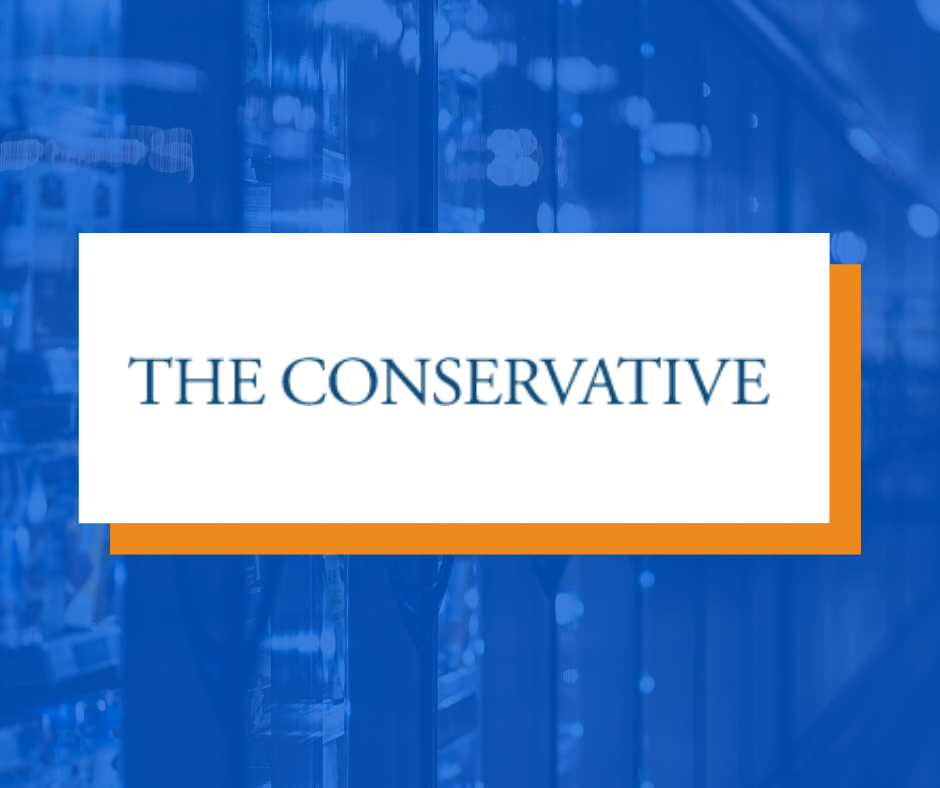It will mean something different to everyone.
The Farm to Fork Strategy of the European Union attempts to foster sustainability in the agricultural sector. While sustainability is a laudable goal in a general sense, it has a wide range of possible meanings and applications. EU institutions have adequately defined the word.
It is necessary to establish a clear and precise definition of what we mean by sustainability, as only this will allow us to set concrete goals and objectives and develop clear and precise metrics to track our progress in achieving them. The implication from the European Commission seems to be that organic agriculture is essentially synonymous with sustainable agriculture. But that is a mere assumption, made without reference to a host of practical concerns and obviating any real scientific examination of the facts.
The European Commission’s web page for sustainable agriculture lauds the improvements on sustainability made by the Common Agriculture Policy (CAP), yet it has not established a definition that matches the goals met by the policy. The Farm to Fork Strategy is a political roadmap that outlines certain numerical goals, yet the claim that these goals are sustainable is merely implied. In order for European consumers to understand the objectives of the European Union in the realm of sustainable agriculture, we need to establish definitions that concisely describe what sustainable agriculture is.
In any given webinar or even the word sustainability can be thrown meaninglessly, often supporting the speaker’s agenda. That speaker is often a supporter of agro-ecology or the food production system that rejects the advancements of modern agriculture. And that is fair game; those advocates have to have their voice in the democratic process. That said, they are often co-opting a term that has yet to be well-defined. You can take the test: stop an average consumer in the street and ask whether we should want more sustainable food. Who would possibly disagree with that? As to whether we should support sustainable food without defining what that means, is much like asking whether or not we should want “good” food. We will have different understandings of what that implies. In the organic sector, standards of sustainability would not be met.
Credible research has established that moving all current farming to organic farming would increase greenhouse gas (GHG) emissions by up to 70% . Researchers analysed the hypothetical move of Welsh and English farm production to organic, and found that reduced crop yields in organic farming increased the need to import food from overseas. Including the GHGs emitted growing that food abroad — a part of the equation often ignored advocates of organic agriculture — otal GHGs emitted would increase between 21% in the best-case scenario to an astounding 70%, depending on how much natural habitat and forest had to be cleared to make up for the decline caused by England’s and Wales’ switch to organic production. For the European Union, which aims at a 25% organic production target in Europe, the impact of overseas imports would be even more considerable. While the study assumed England and Wales would import the majority of the extra food they needed from Europe, a 25% organic EU would be making up its production deficits by importing food grown in less developed countries with considerably less efficient farming methods, which would significantly increase emissions.
So while we’re in the business of defining sustainability, why don’t we deal with the facts and only the facts?
Originally published here.



